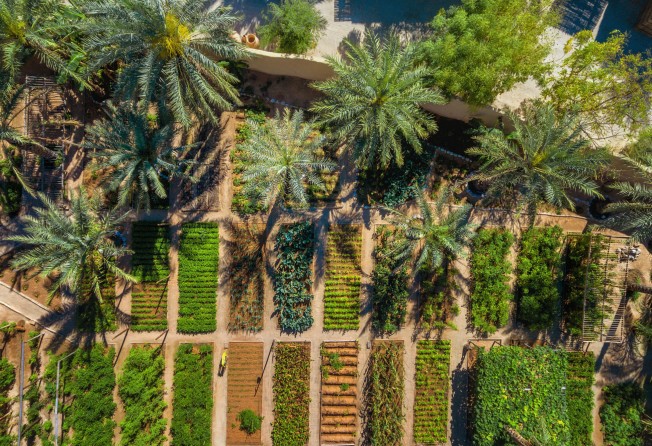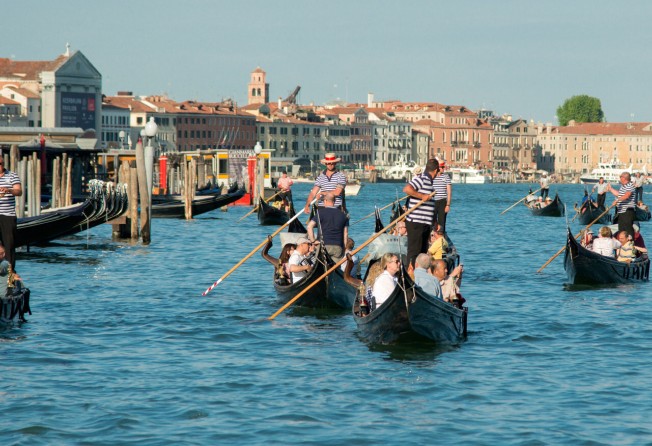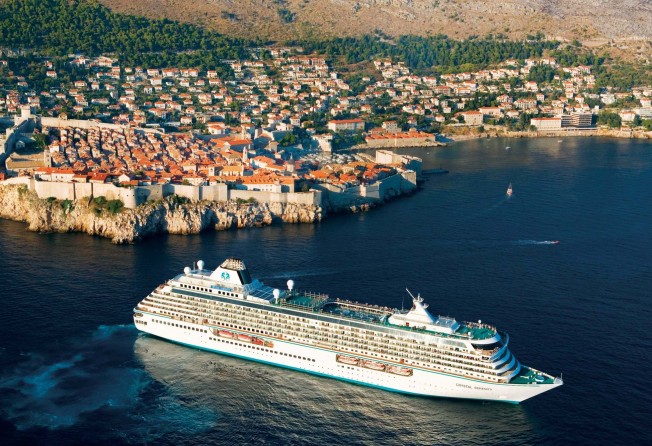
Will travel cost more in 2022 and beyond? Overtourism threatens popular destinations from Venice to Thailand’s Maya Bay, but the hospitality sector might have sustainable solutions …
- Travel may become more globally available again in 2022, but expect it to cost more if we are to be serious about tackling overtourism and sustainability
- Airlines are increasing prices to make up for revenue lost amid Covid-19 travel restrictions, while popular destinations may introduce visiting fees to manage foot traffic

In 2018, the white sand beaches and turquoise waters of the idyllic Maya Bay on the Thai island of Phi Phi Leh faced an alarming threat, one that resulted in a now four-year closure in an attempt to restore the coral reefs and natural habitat that had suffered.
The threat? Tourists. At that time, the bay attracted boats swarming with an estimated 5,000 visitors each day, all arriving to holiday in the warm sun and take selfies in the spot that was the star – alongside Leonardo DiCaprio – of the hit movie The Beach. Fast forward to the present and there’s renewed talk of the bay being reopened, but will this put it at risk of suffering from overtourism once more?

Pre-pandemic, the canals of Venice, the beaches of Boracay, the Great Barrier Reef, and the calles of Barcelona were all overrun by visitors – and they are merely a few of the most famous examples. Overtourism, the point at which the impact holidaymakers have on a destination excessively affects the quality of life of its citizens and/or the natural ecosystem, has put many beloved global destinations at risk and has disrupted the lifestyles of their locals.
Natural heritage sites are most commonly affected by this problem, but the pandemic presented a unique opportunity for global tourism to reset, rethink and plot a more sustainable course. As international travel is picking up again, authorities and businesses are making preparations to prevent overtourism from occurring again. One solution that tourism boards are adapting is a ticketing system to limit foot traffic.
“Natural tourist sites around Asia have no regulation or visitor management, while museums worldwide carry ticket and reservation systems, which help manage footfall,” says Willem Niemeijer, CEO of the Bangkok-based sustainable travel group Yaana Ventures.

Tourism authorities can look to Venice as a prime example, where leaders recently announced that the city will start charging visitors a daily fee of US$3-10 (€3-10), beginning in the summer of 2022. This is an attempt to temper its 80,000 visitors a day. Aside from this, Venice officials will be tracking movement in the city, monitoring who and how many enter and leave, through a network of 468 security cameras, ticketing and a smartphone-tracing system.
International travel, which had become more accessible to millions in the past few decades, will soon become a luxury again as tourism businesses look to regain lost revenue by upping rates. Airlines are planning to make up for the US$138 billion in revenue lost in 2020 by increasing prices, according to the International Air Transport Association (IATA).
“We are seeing traffic steadily rebounding, which shows that recovery is on its way,” says IATA director general Willie Walsh. “In parallel, we are seeing an increasing trend by our partners in the aviation value chain to increase taxes and fees.” To illustrate this, Walsh gives examples of ticket sales and departure tax in Argentina having increased, while airport security fees in Costa Rica’s international airport, in San José, have ballooned by more than 70 per cent. While this move from the aviation industry might not be the most desirable for less well-off tourists, it will significantly reduce airline traffic and, eventually, reduce the number of people at a given tourist site at one time.

While global travel is on the mend, some jet-setters’ appetites can be sated by domestic and regional travel. In 2020, after China became one of the first countries in the world to relax restrictions on travel, 77 per cent of people surveyed said they would make their first trip a domestic one. If more people follow suit, that would go some way to disperse and distribute the enormous impacts of mass tourism.

At the same time, there’s also a desire to head to lesser-known destinations and for travellers to educate themselves more, trends which luxury tour operator Abercrombie & Kent hopes to take advantage of. In an interview with The Luxury Channel, founder Geoffrey Kent said, “What people are doing today [is] they are spurning hedonistic holidays. We’re experiential travel – taking the family, the grandkids and the kids to Africa, where you can learn about the country.
It’s almost a duty for you to travel during this time because what are all these emerging countries going to do who rely on tourism? It’s not something to feel ashamed of, it’s something you should do and educate yourself on.”

As with Covid-19 itself, there is no easy cure for overtourism. Preventing the renewed and uncontrolled ramping up of volume will be key if history is not to repeat itself. The UN Climate Change Conference (COP26) summit in Glasgow in late 2021 saw global leaders once again call for more sustainable practices. For travel businesses like hotels and airlines, this should mean committing towards a carbon-neutral path, eradicating fossil fuel use and producing less plastic and food waste.
“We understand the immense impact the travel industry has on the environment,” says Amar Lalvani, executive chairman of boutique hotel group Standard International. “Currently in all our properties we recycle, and have eliminated all plastic bottles and straws from our operations … We know there is much more to do and we are committed to continual improvement,” he adds.
Those who have already had a head start in these practices will come out the winners, having looked forward enough to eventually meet the demands of the educated traveller. What’s equally important is ensuring that local communities have a say in domestic tourism management. Kent adds: “These are the things we do and build – education in the local people, taking care of their health, health clinics, and then putting a lot of money into the actual ecology, anti-poaching and all those sorts of things, we feel very good about it. And what we found is that our clients are very aware of it and they actually almost demand it.”